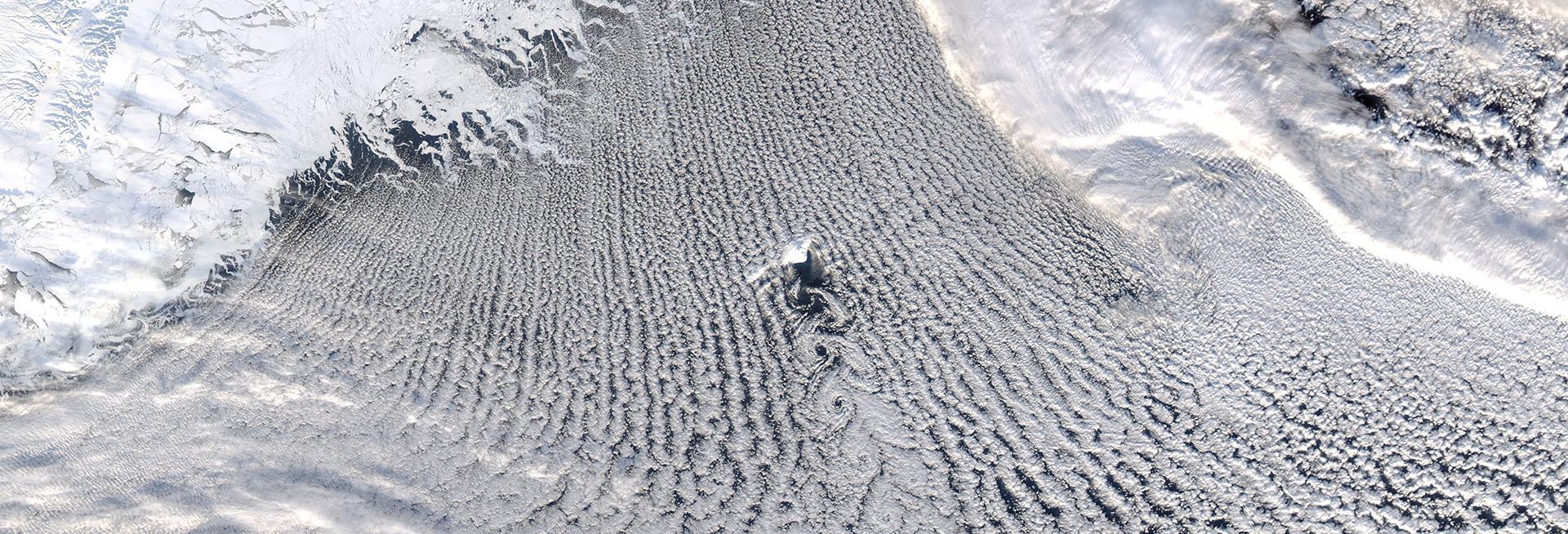Each year, Atmospheric, Oceanic and Planetary Physics offers summer vacation projects. These projects are open to students from any University but candidates must have an existing right to work in the UK.
Students will work with a supervisor in the Department, usually a research fellow or a faculty member, on a self-contained research project. Students are encouraged to take part in the Department’s life, joining researchers for coffee breaks, discussions and seminars.
The projects will typically run for 8 weeks, beginning on or around 1 July. The duration may be adjusted to be shorter or longer, or to accommodate summer travel. The projects are usually full-time but hours can be discussed with your supervisor. Students will be paid as employees of the University, receiving a payment of at the Oxford living wage (subject to tax and National Insurance deductions).
For administrative enquiries please contact andrea.simpson@physics.ox.ac.uk
AOPP summer vacation projects for 2025 are now all filled. Projects for 2026 will be listed around April/May 2026.

